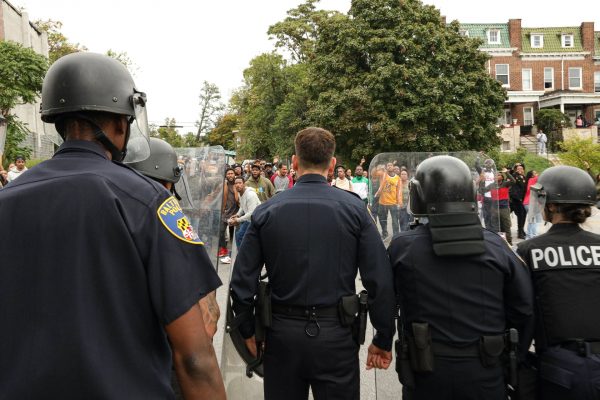The first thing you notice about Fredric U. Dicker’s comment is its vulgarity.
On Monday, the Albany radio host and New York Post columnist credited the passage of New York Governor Andrew Cuomo’s gun-control legislation, the SAFE Act, to “a little convenient massacre that went on in Newtown, Connecticut.”
When condemnation followed, Dicker replied with a non-apology. “This group,” he said, referring to his critics, “clearly doesn’t understand, or doesn’t want to understand, my point, which is a sarcastic reference to the governor latching on to a horrendous out-of-state mass killing to advance a political agenda that had nothing to do with the problem of gun-related crime in New York.” (Listening to the audio, there is no hint of sarcasm in his voice.)
Dicker didn’t apologize, because he felt he didn’t have to. Even sophisticated gun-control opponents, such as National Review’s Charles C. W. Cooke, assert that deaths by firearm have no place in the debate over gun control because invoking them amounts to “emotional blackmail.” That debate, in their reading, must take the form of unsentimental reflection on the meaning of the Constitution as its authors supposedly understood it.
But it is not at all clear why the misery of those left behind, and the widespread fear of bodily harm provoked by living with guns, need be ignored. As Bill Hogeland observes, the Constitution does not instruct us on what kinds of arguments we can and cannot make in interpreting its often-ambiguous terms:
Policies need to be arguably not unconstitutional—and that will always generate contentious legal interpretation—but nowhere does the Constitution say they must be hyperconstitutional; nowhere does it tell us to consider . . . particular values supposedly prevailing when it was written; nowhere does it suggest we must dress up new ideas to comport with what the founders supposedly would want us to do.
The assertion of a unique purchase on interpretative validity is simple arrogance. It is identical to the arrogance of the priest who professes to know the true word of god.
Not only arrogance, but also dishonesty. Gun-rights dogmatists are engaged in the same procedure as their opponents. Both sides cherry pick as they offer policy suggestions in accordance with what they perceive as constitutional values. As Pam Karlan points out, these understandings reflect less the beliefs of the founders—which were not, in any case, uniform—but positions that, following selective readings of history and of the present, evolve over time. Ultimately, the claim of “originalist” high ground is nothing more than a bullying tactic and a post-hoc rationalization.
This doesn’t mean that the solutions to America’s gun-violence problem are obvious. Some gun control proposals—such as magazine capacity restrictions—make sense if they can be enforced, but others are insensitive to the challenges they purport to address. For instance, stricter rules on background checks and trigger lock requirements emerge straight from the Yes Minister guide to policymaking: “Politicians must be allowed to panic. They need activity. It is their substitute for achievement.” Given that these only affect buyers of new guns who make purchases through licensed dealers, there is little reason to believe they would have appreciable impact on overall levels of violent injury and death. The consequences of policy should matter to gun-control opponents and supporters alike.
Thankfully, we don’t need to feed this conflict between arrogant, dishonest ideologues and their panicked opposition. That is because the best way to reduce gun violence in the United States probably has nothing to do with gun control, and everything to do with ending the war on drugs, which has spawned the lucrative narcotics market over which so much blood is spilled. Dicker has a point insofar as, for all the pain they cause, mass shootings produce only a small fraction of this country’s gun violence.
Where Dicker and his ilk succumb to nonsense, though, is in their attempt to foreclose avenues of debate by casting aside real human suffering. It is a self-serving ploy without basis, and it is antithetical to democratic goals. A just society does not ignore, or diminish, the anguish of its own.








